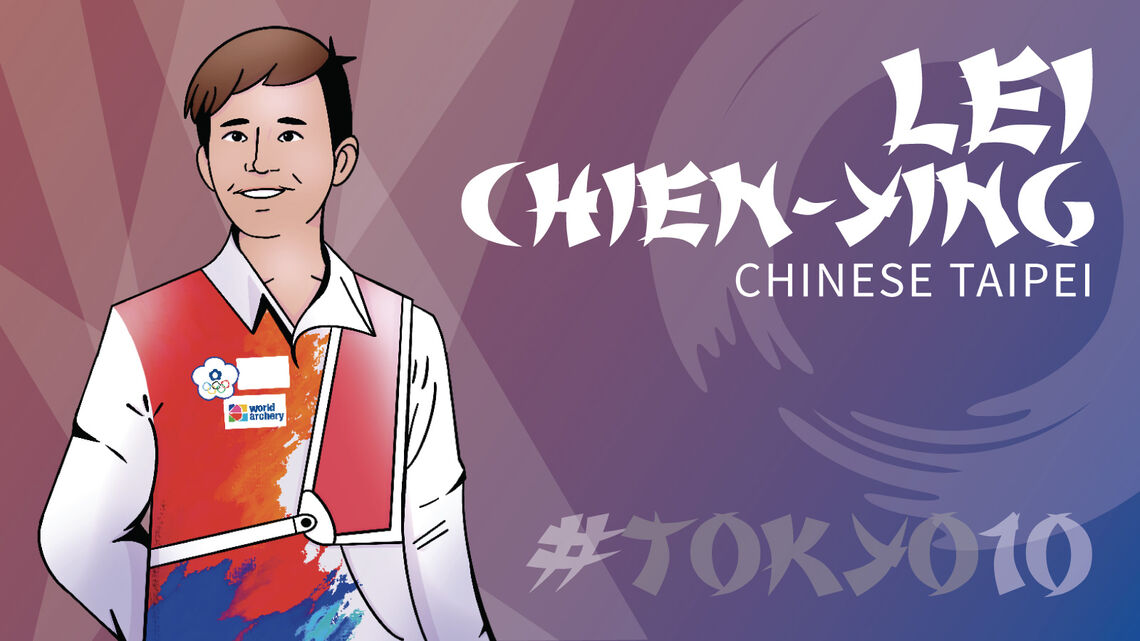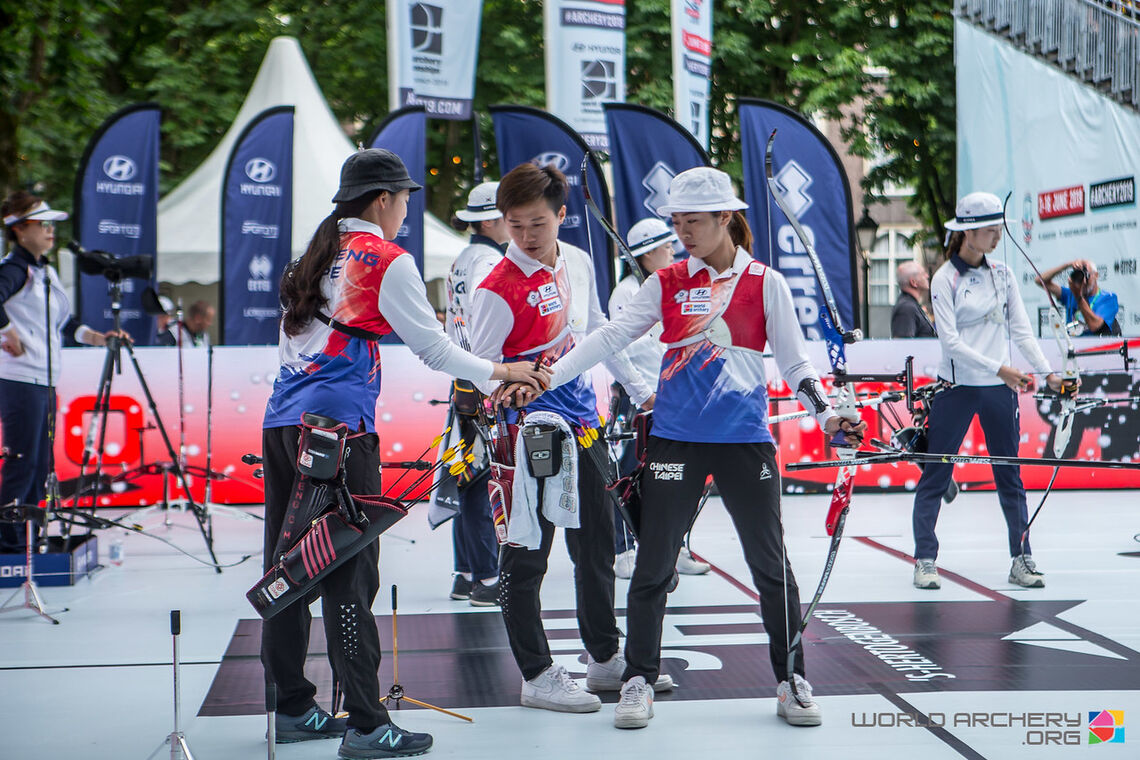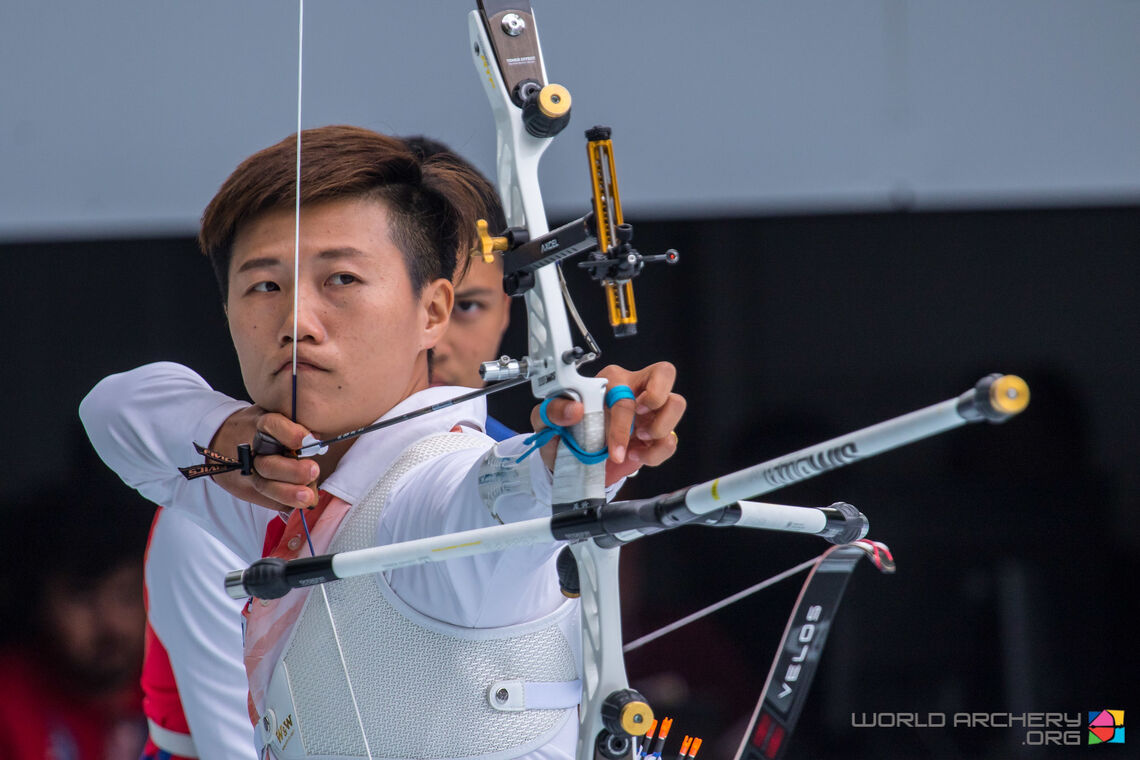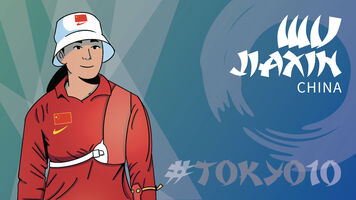#Tokyo10: Lei Chien-Ying a world champion, an enigma

#Tokyo10 profiles 10 archers poised to make an impact at the Tokyo 2020 Olympic Games.
- Name: Lei Chien-Ying, recurve woman from Chinese Taipei.
- Age: 31
- World ranking: 8
- Olympic experience: 2016 (team bronze medal), 2012
Lei arrives at the upcoming Olympic Games as the reigning recurve women’s world champion, having upset Korea's Kang Chae Young in the final of the Hyundai World Archery Championships in 2019.
But with Chinese Taipei choosing to forego the international season in 2021,in favour of preparing for the Games themselves, her standard right now is somewhat unknown.
Is she the same dangerous force that she was two years ago, or has her time passed?

Reasons for hope
For years, the story was always the same. Chinese Taipei’s recurve women were the eternal bridesmaids, always in second place behind Korea. Lei Chien-Ying and Tan Ya-Ting, along with a rotating cast of other talented athletes, were the fixtures of a team that had only once broken past the ladies in white on the big stage, at the Universiade in 2015. (They pushed Korea to a shoot-off two years later as well.)
But everything changed at ’s-Hertogenbosch in 2019, when Chinese Taipei brushed aside Korea in a disciplined performance to take the world team title. That same day, Lei Chien-Ying beat the then-world number one, Kang Chae Young of Korea, to become World Archery Champion.
Perhaps it was just a blip in Korea’s dominance of the sport – but perhaps not. It certainly opened up a crack in the Korean armour for Lei and the Chinese Taipei squad, with the Tokyo 2020 Olympics Games representing the stage where the next chapter could play out.
For Lei, ’s-Hertogenbosch is a triumphant peak to her career so far. An archer since the age of eight, but with a rebellious streak, her coach allegedly refused to allow high-school Lei to participate in the selections for the Olympics in 2008 because of her bad attitude. An anonymous performance at London 2012 was followed by a breakthrough at the Asian Championships in 2013, when Lei beat Jung Dasomi of Korea to win individual gold.
In 2016, the Chinese Taipei team won bronze at Rio 2016 – a huge accomplishment but it has always felt like there is more to come.
Tokyo will almost certainly be Lei and Tan’s last Olympics, with funding for athletes tied to their extended university careers. Lei has grown into a leadership role within the team, and since the double gold in the Netherlands has become one of the highest-profile national Olympians, at the forefront of the Tokyo publicity campaign.
We haven’t seen Chinese Taipei on the international stage this year, but we know they will be getting competition ready competing on their own pro circuit.

Reasons for concern
Lei has never been quite as consistent individually as she would have liked. There have been a number of individual exits below her ranking on the international stage, and some up and down years. She also underperformed at Rio 2016, struggling in the ranking round, individual and team competitions. It seems she’s risen far above that – if we are to take her performance at the last world championships as the evidence. But that was two years ago now.
Path to victory
Lei wins by surfing the same wave of supreme confidence that took her to that world title – eliminating all doubt, and trusting absolutely in her process and talent. Sounds easy, huh? It’s been quite a career up till now. One senses that she might be going into Tokyo without any fear at all – and that makes her incredibly dangerous.
Did you know?
In December 2020, Lei received 6.3 million yuan for her international medals from the government sports department, the highest financial bonus given to any Chinese Taipei athlete.
Header artwork by Eduardo Batán Molina.











